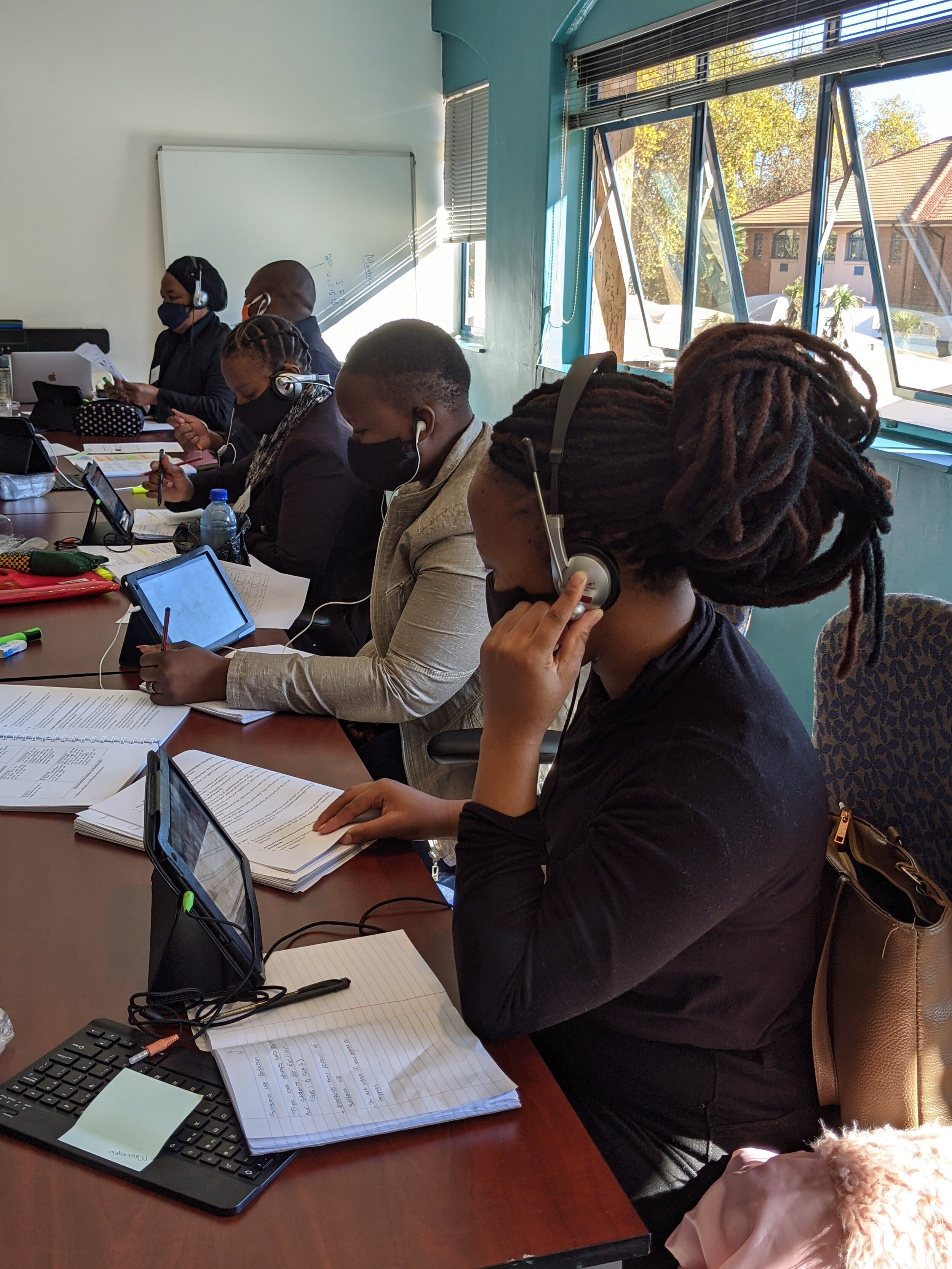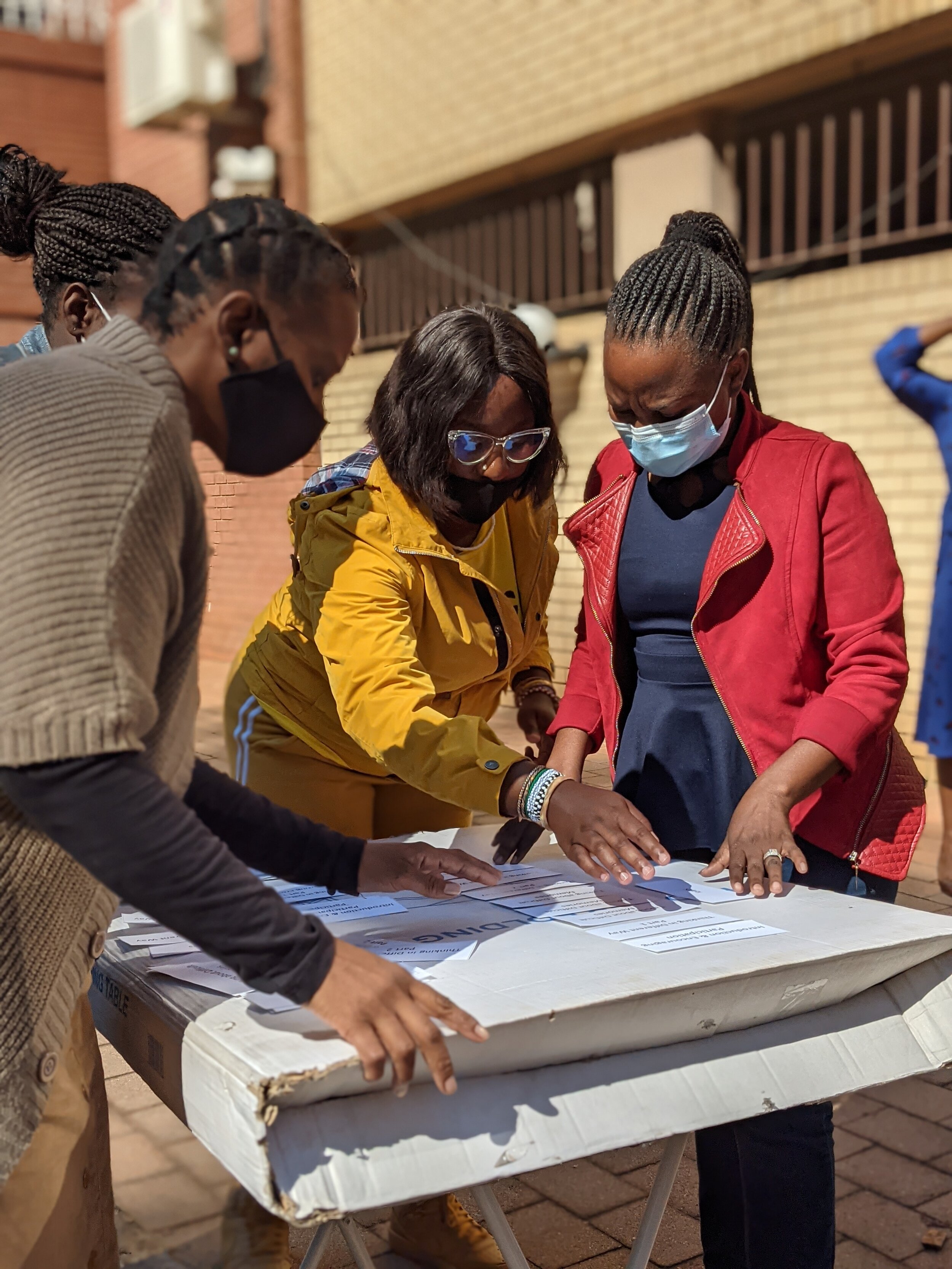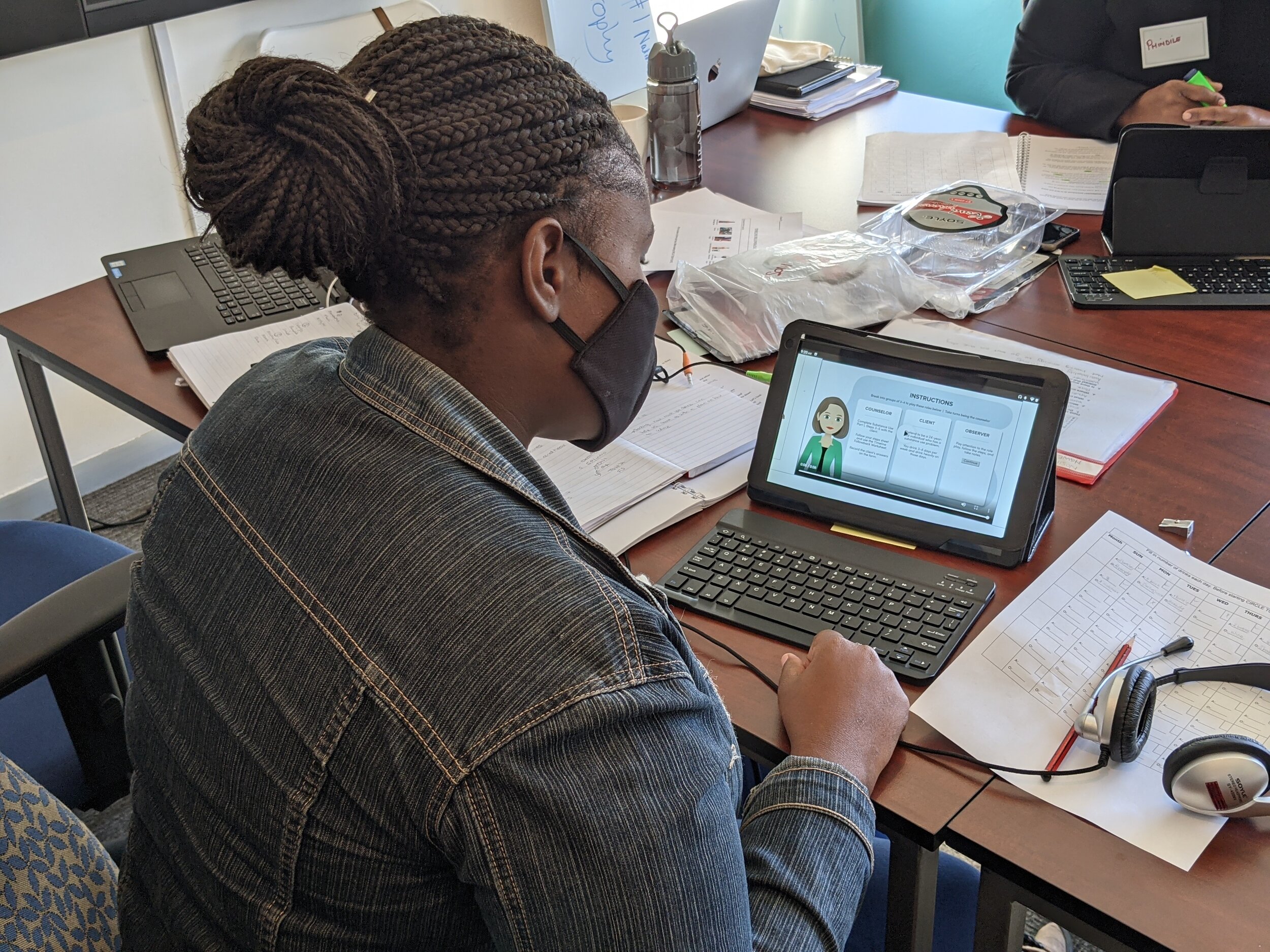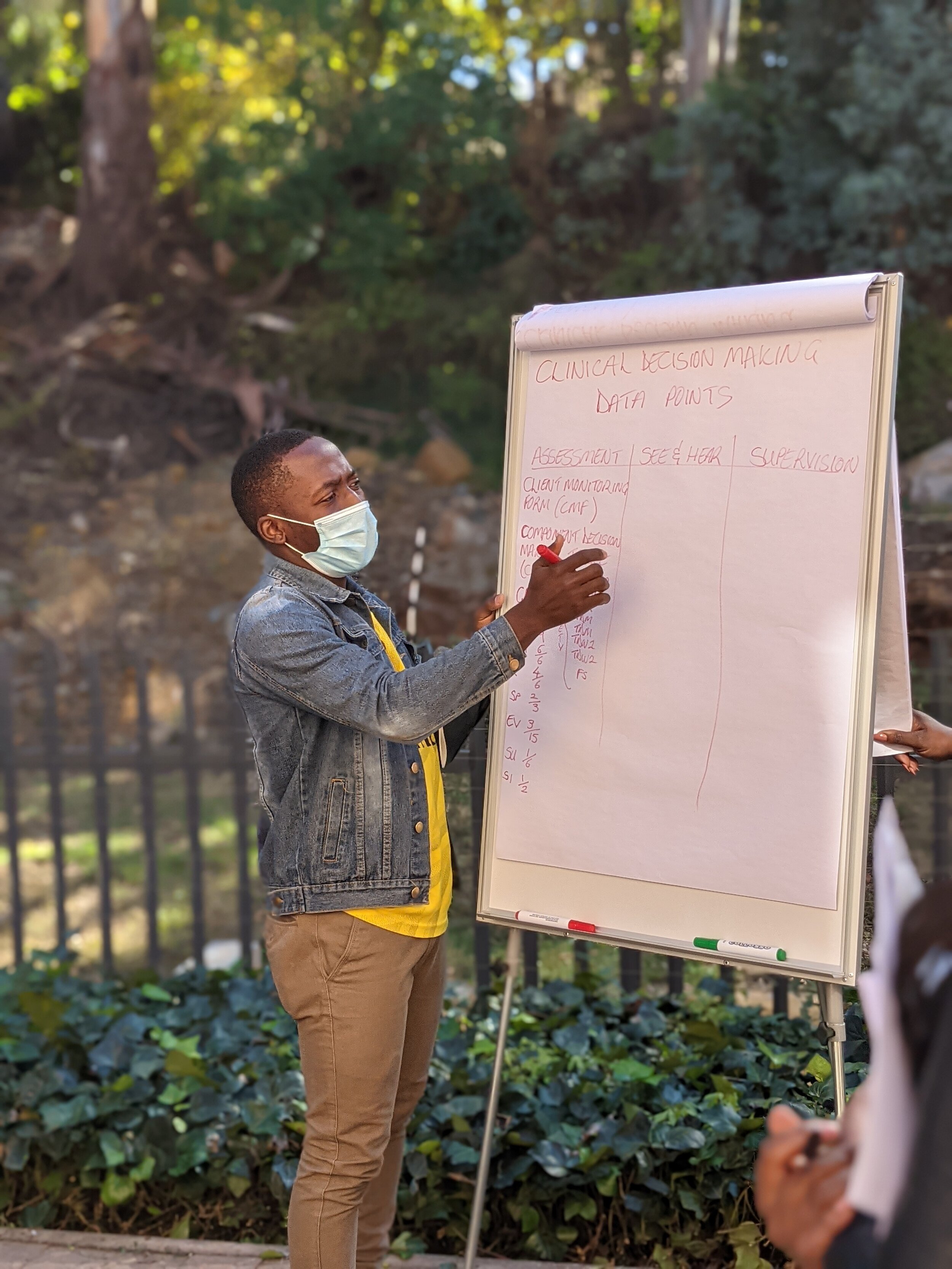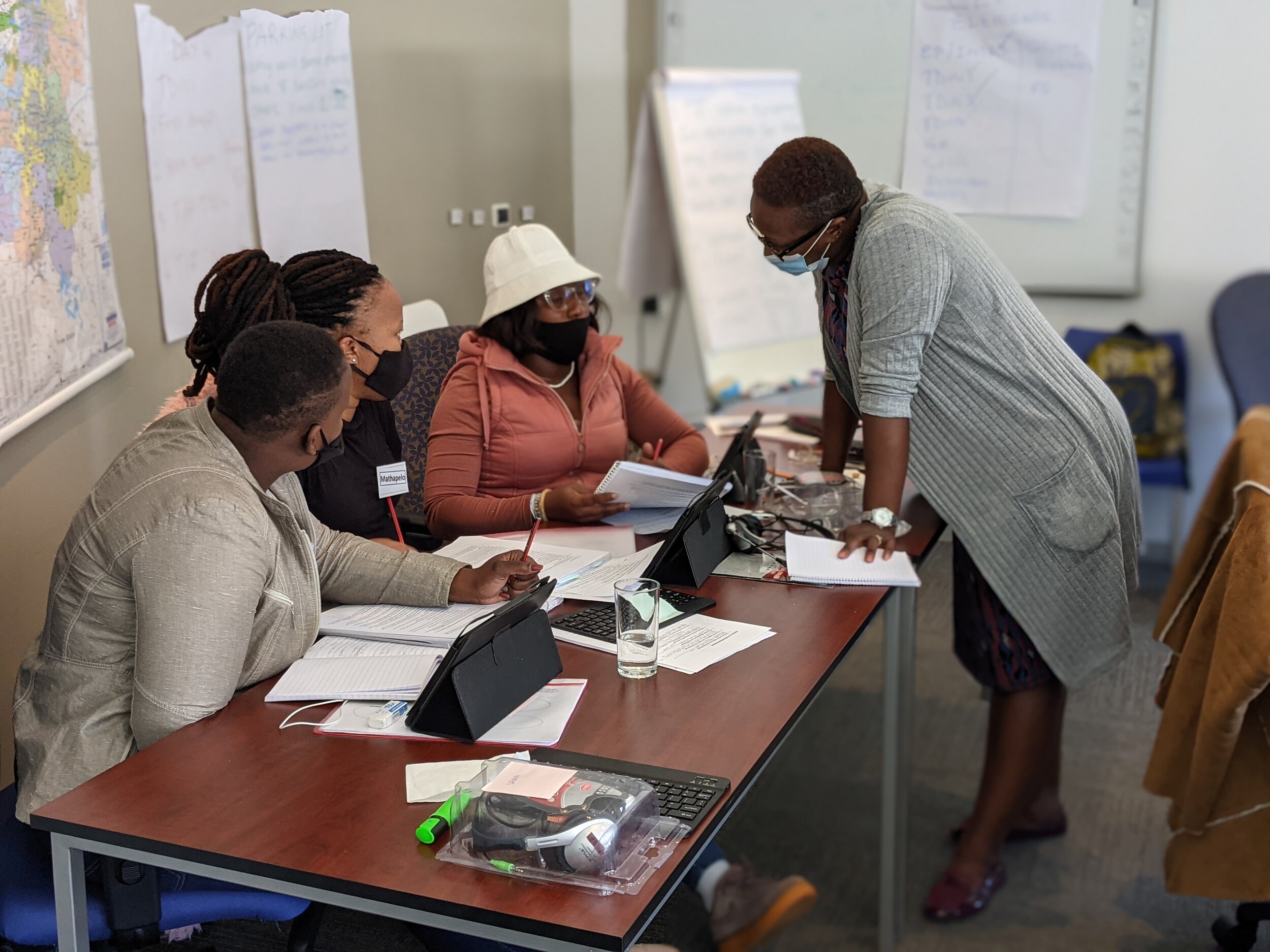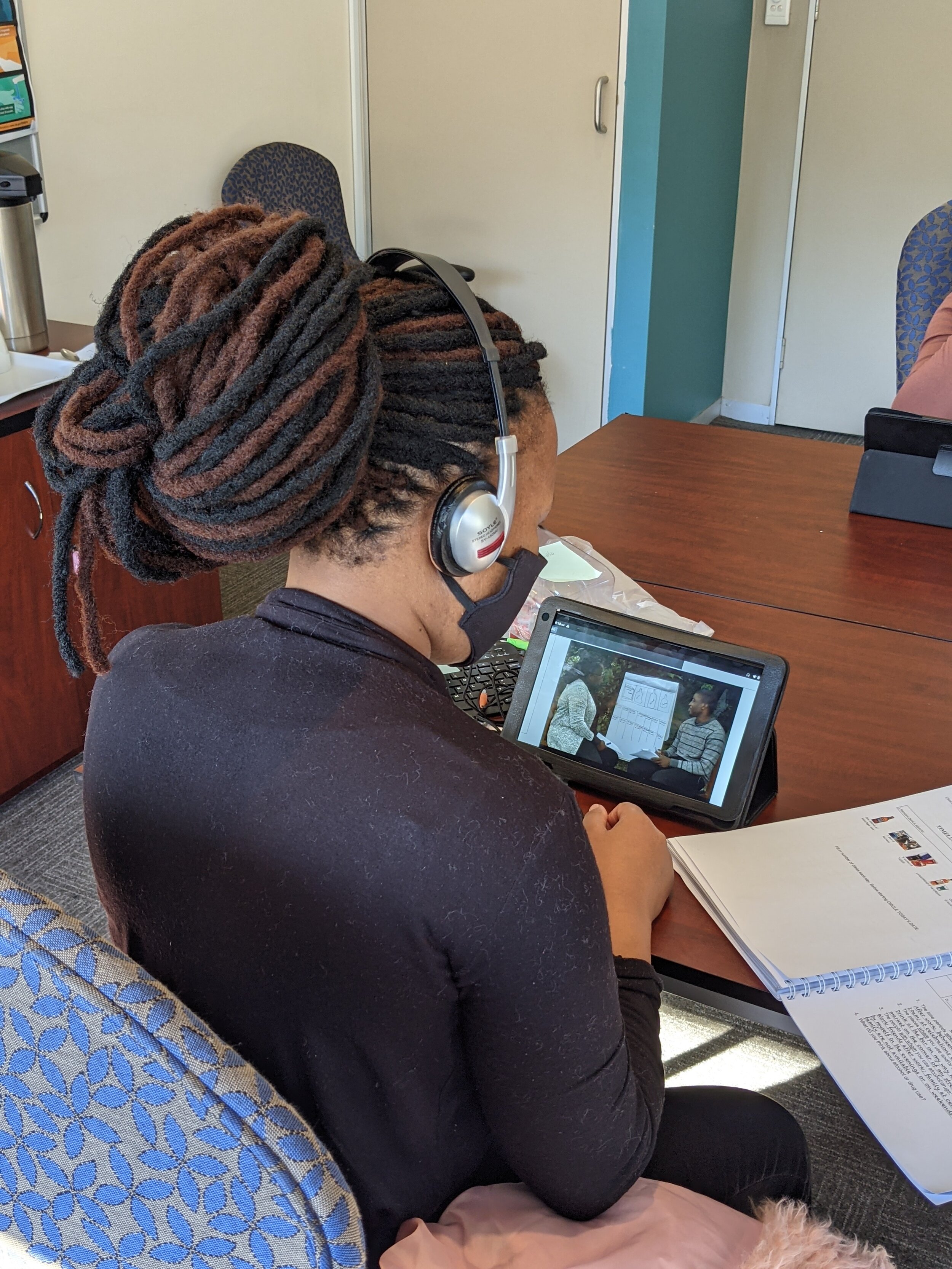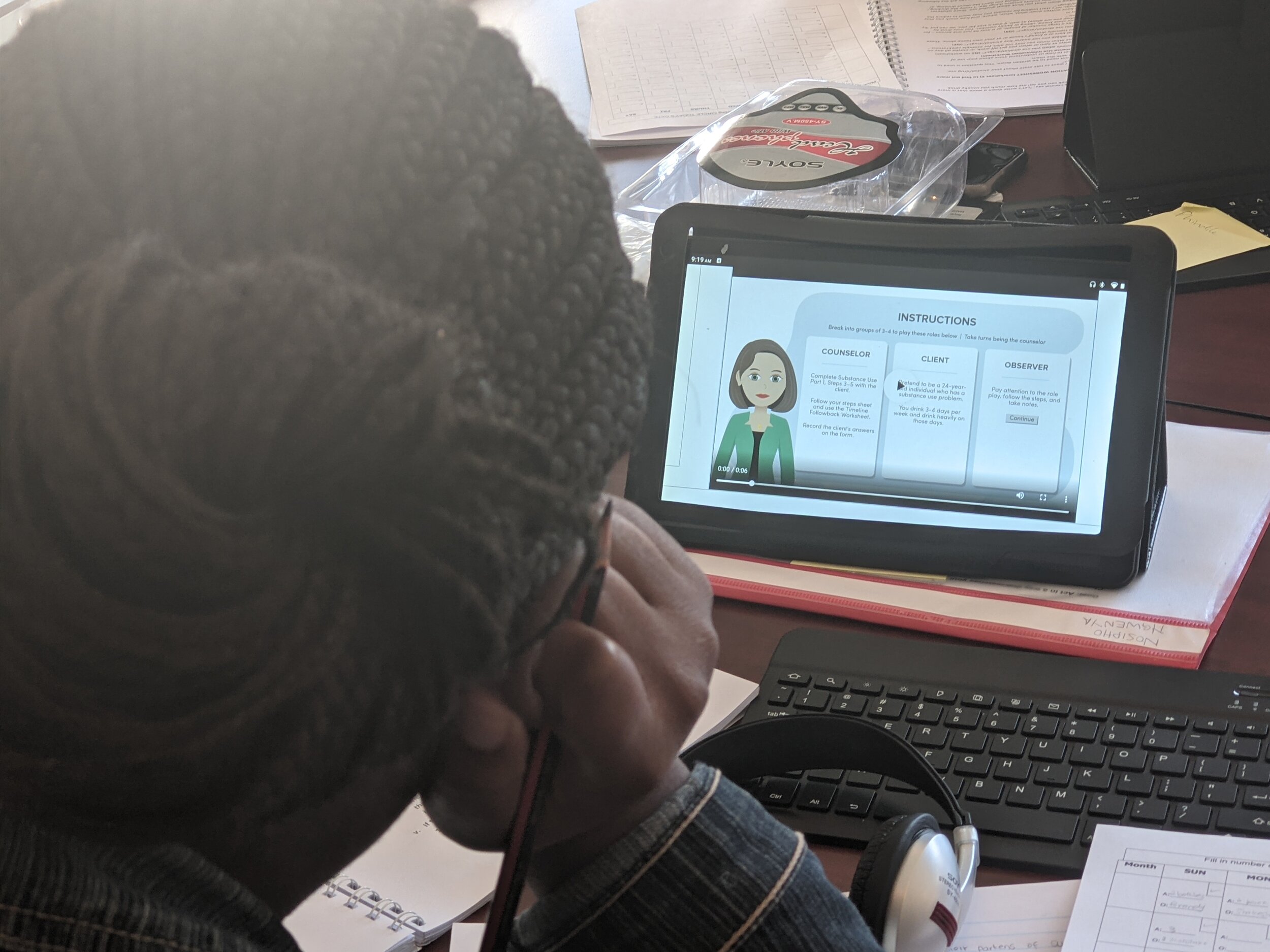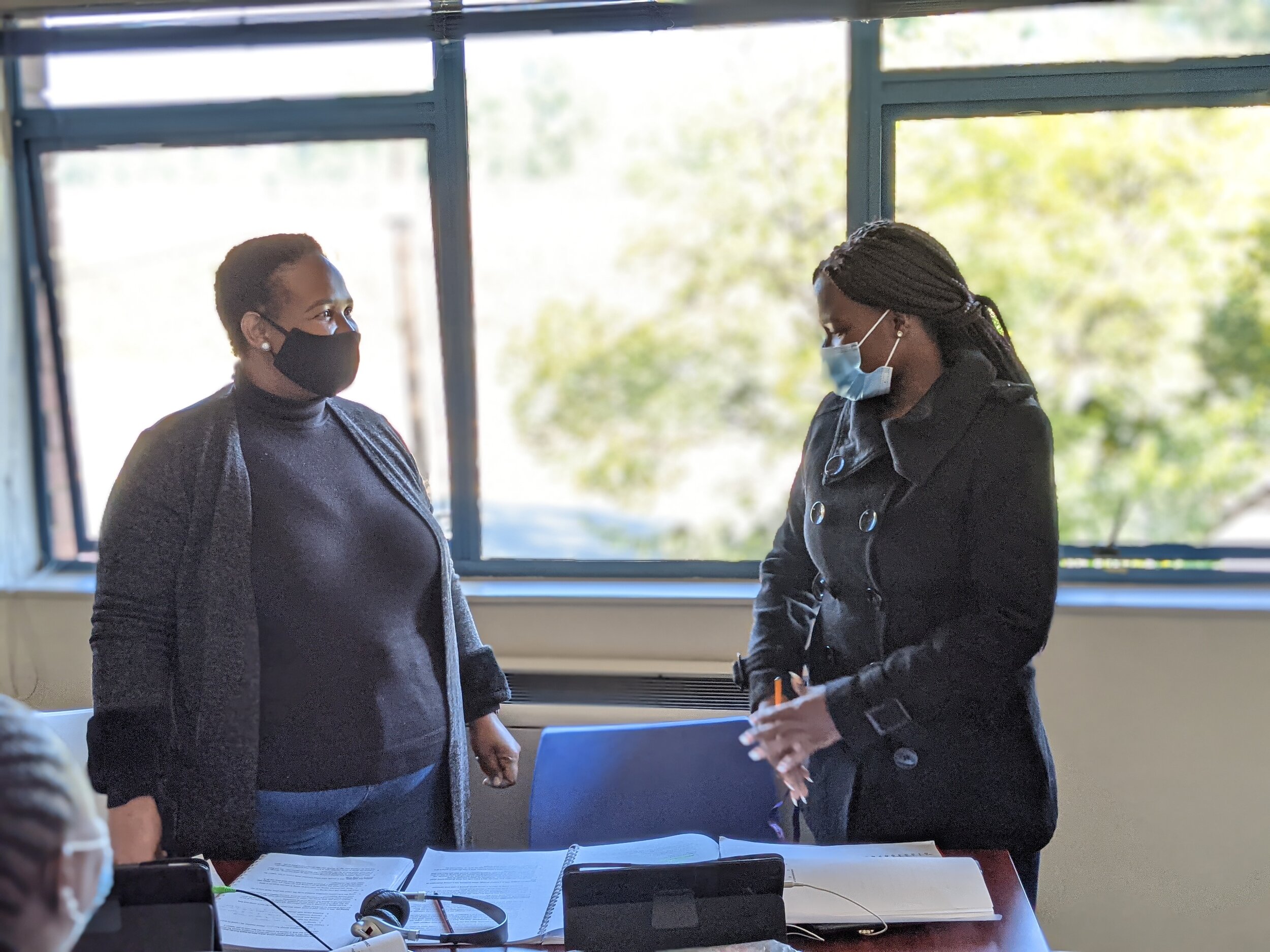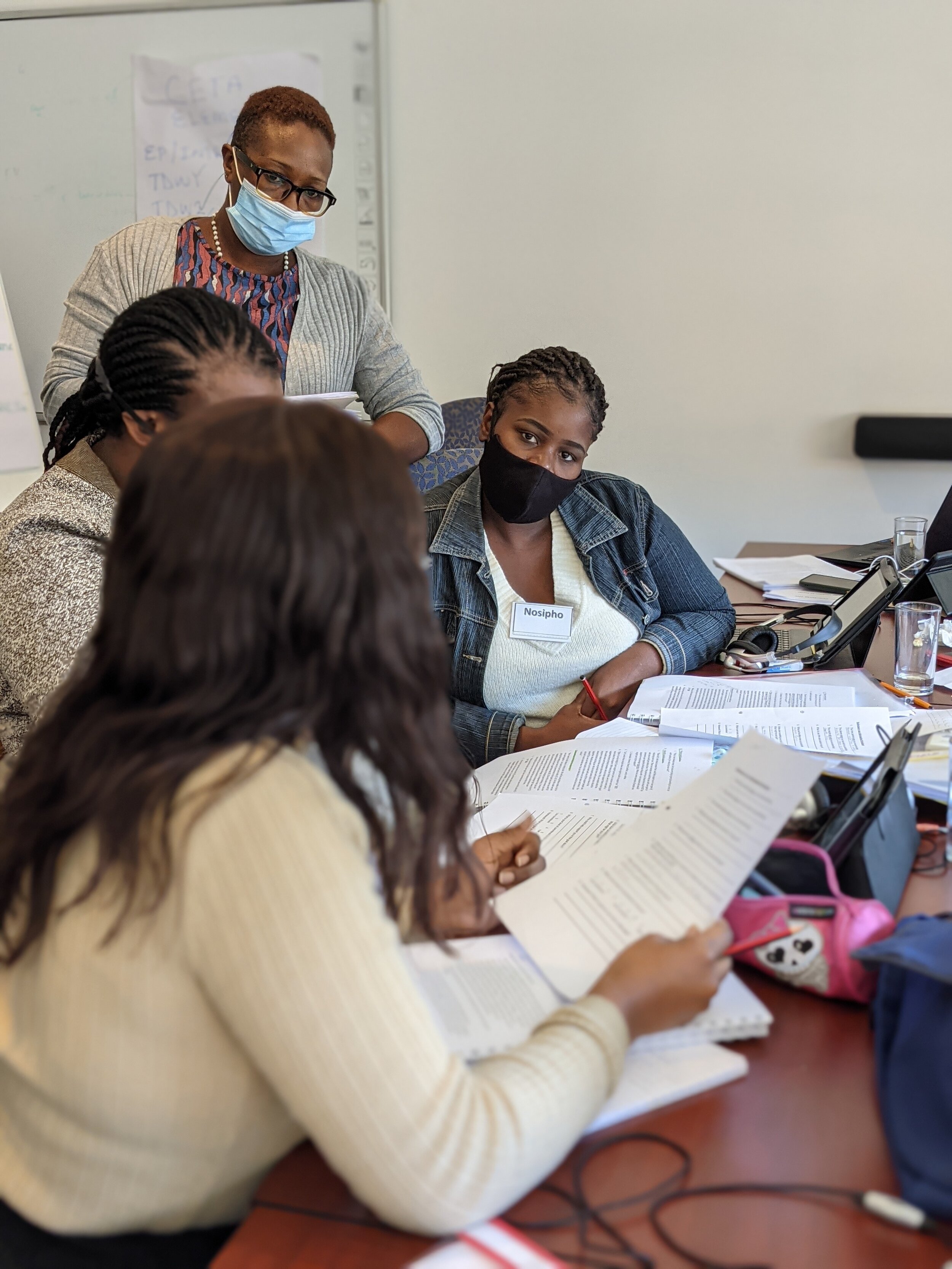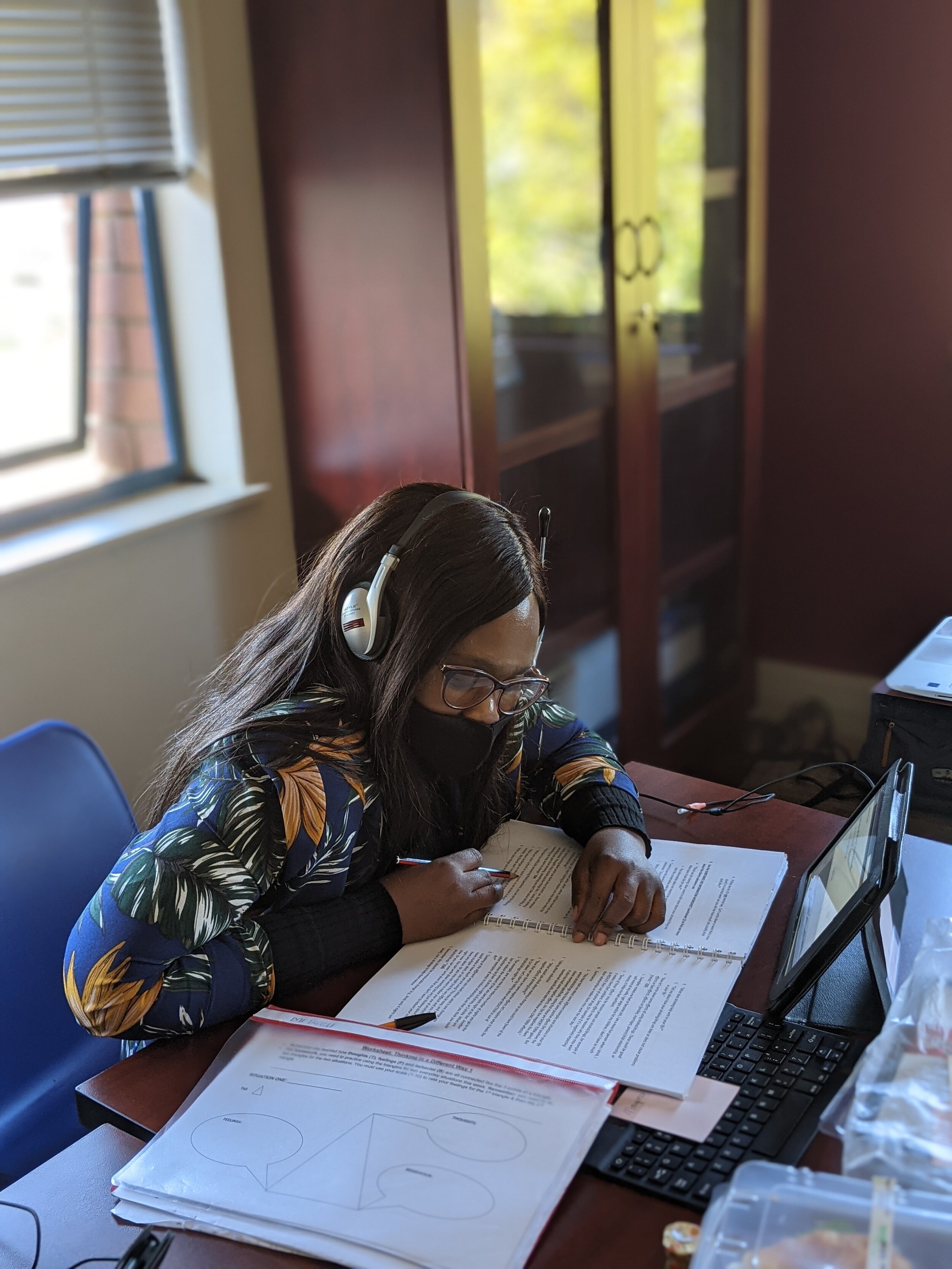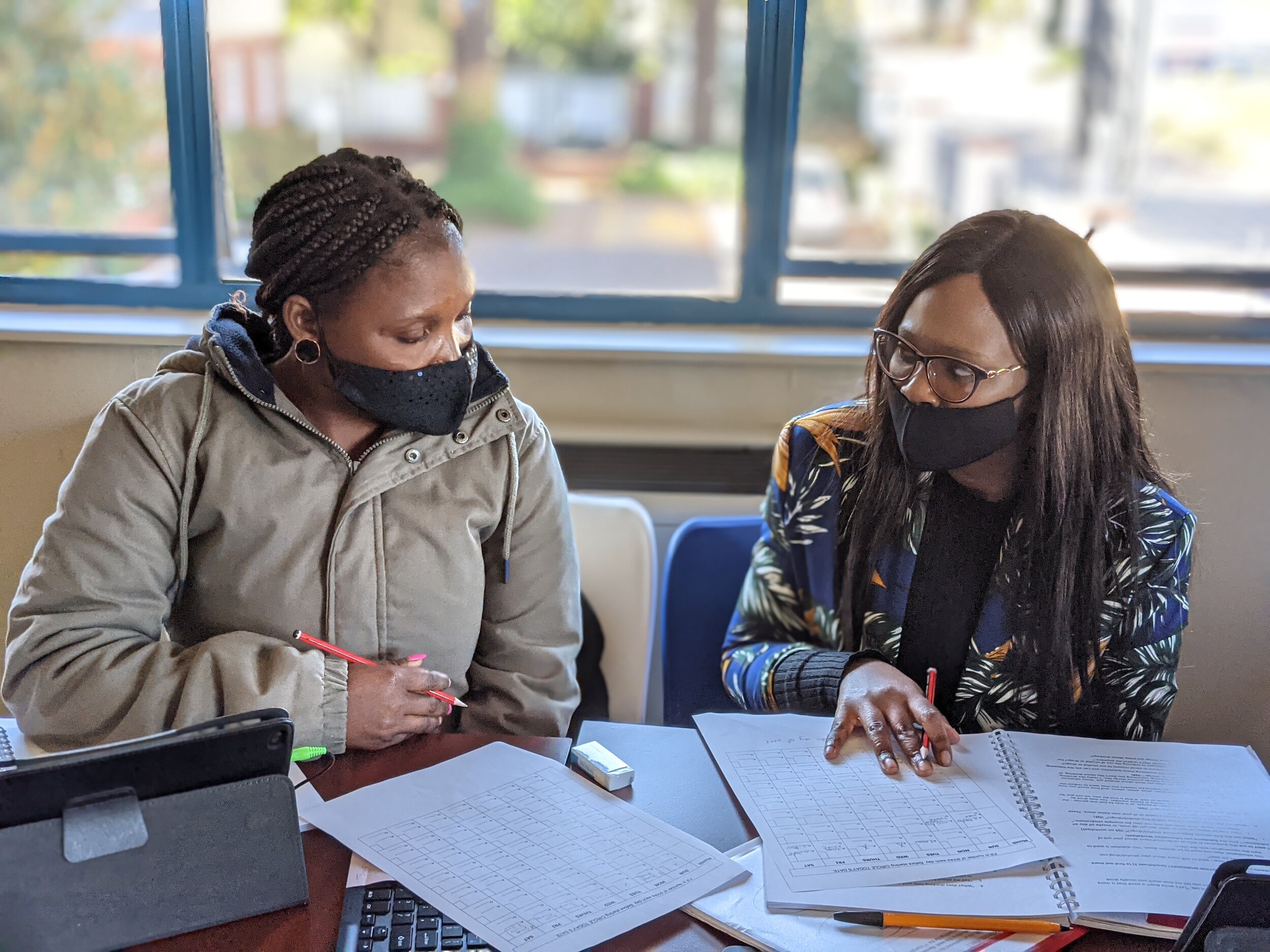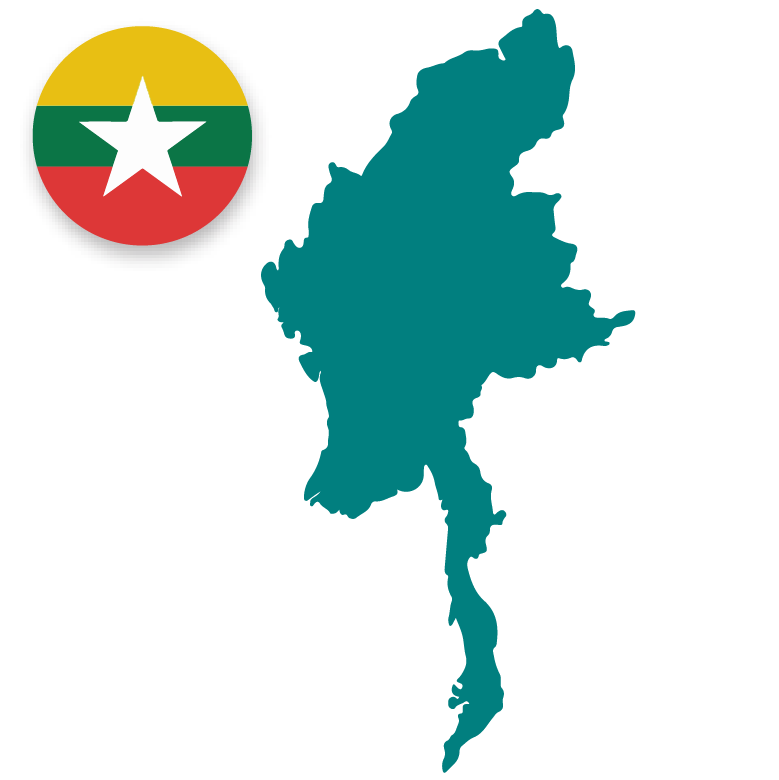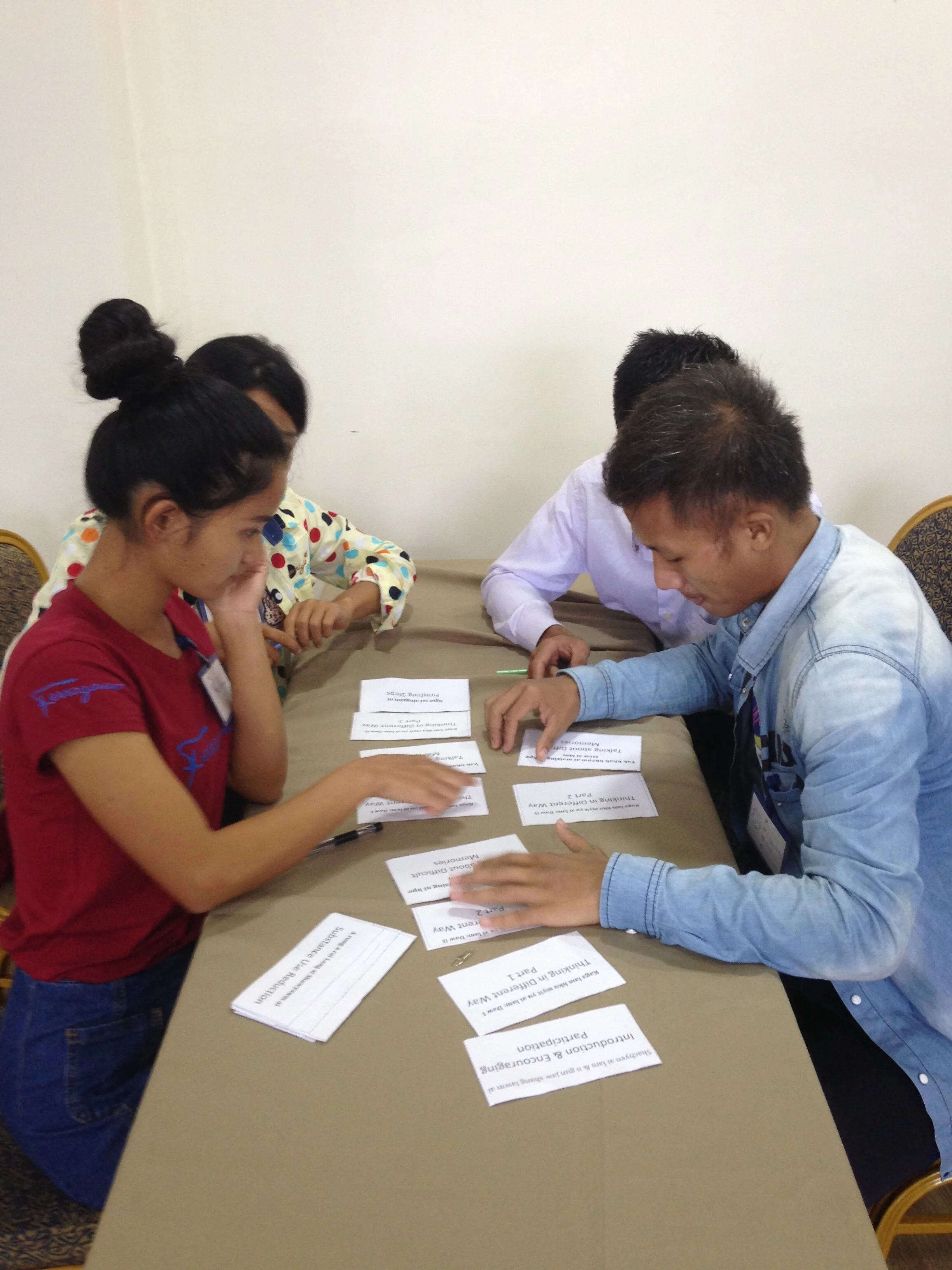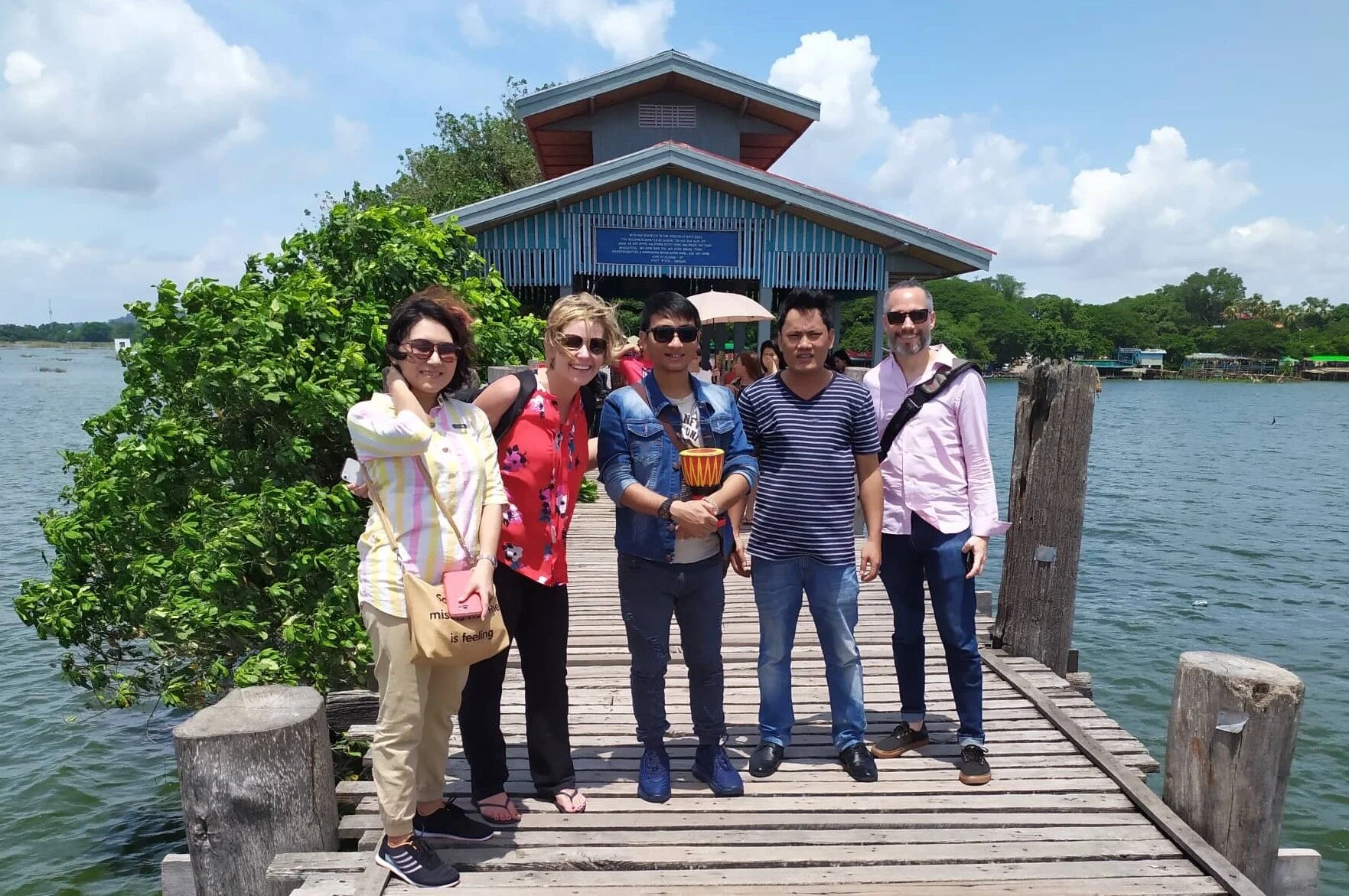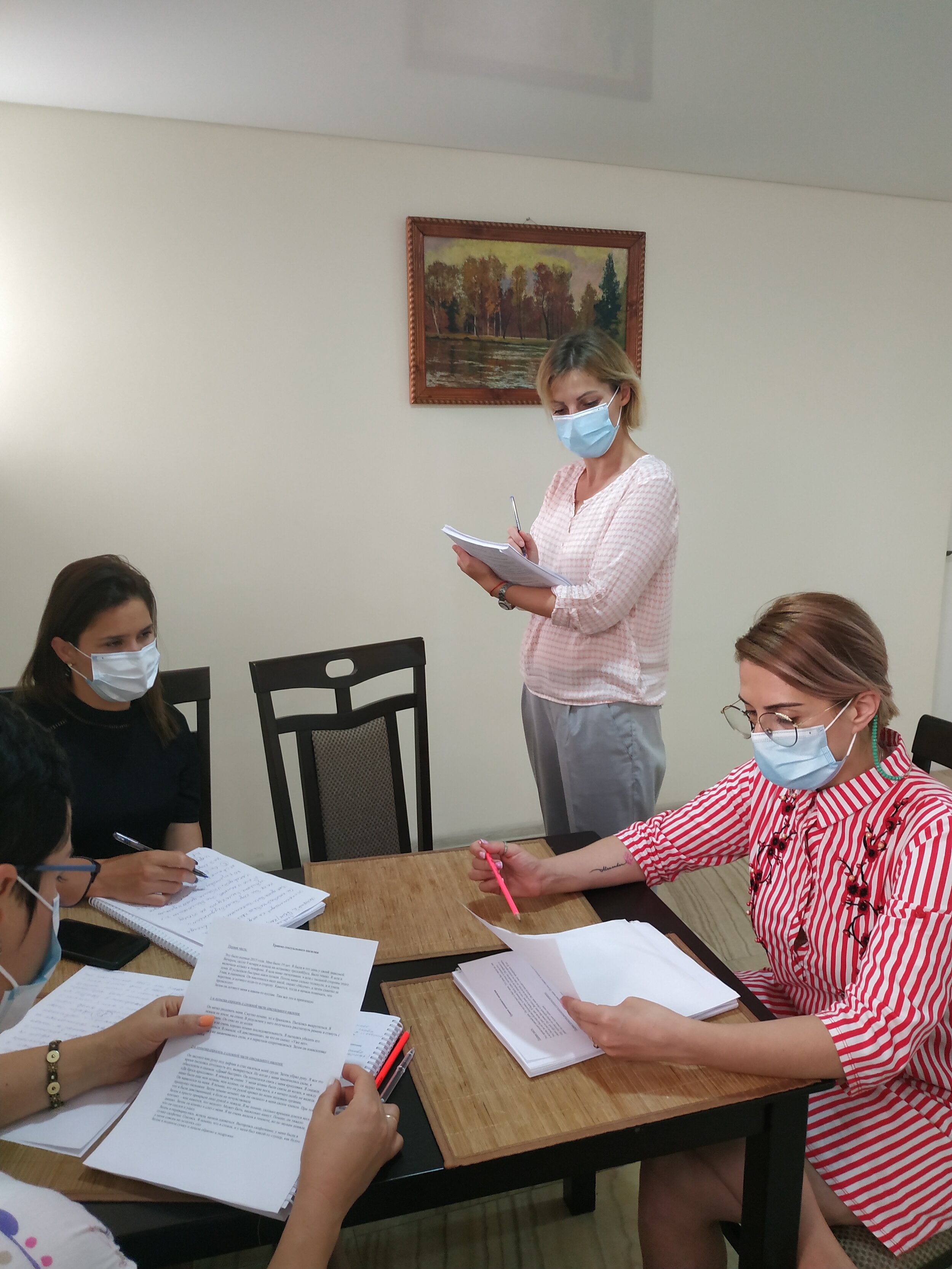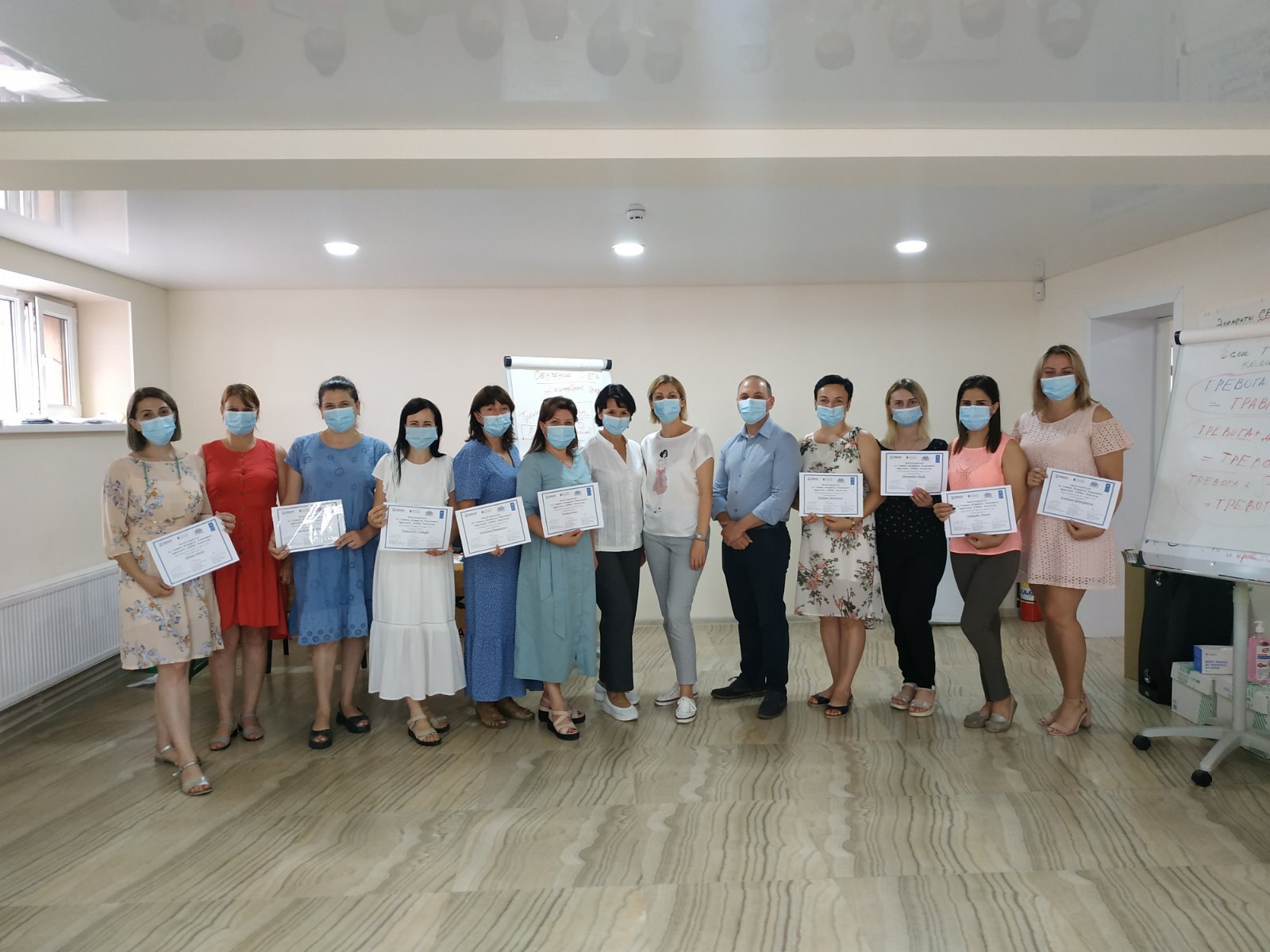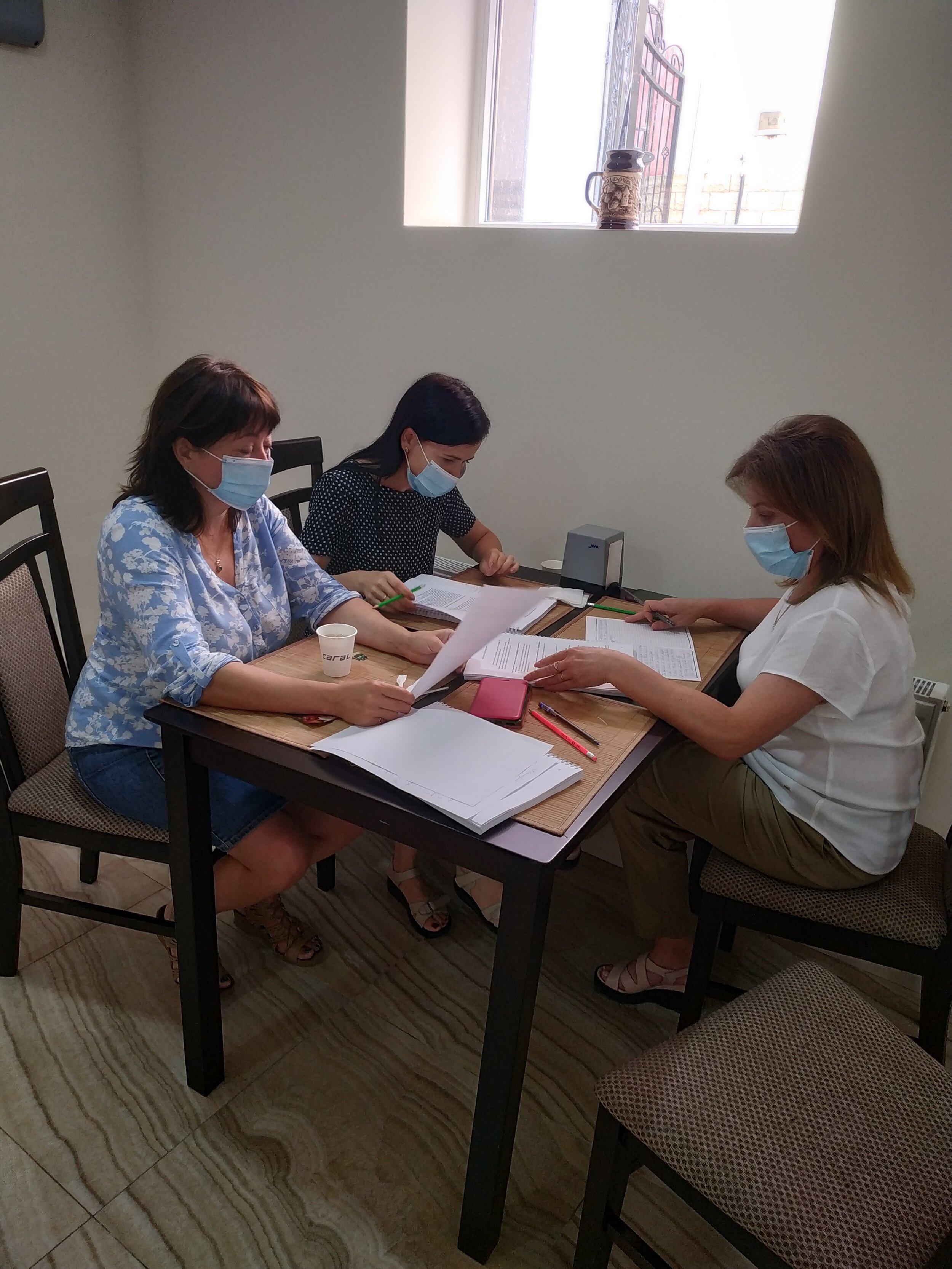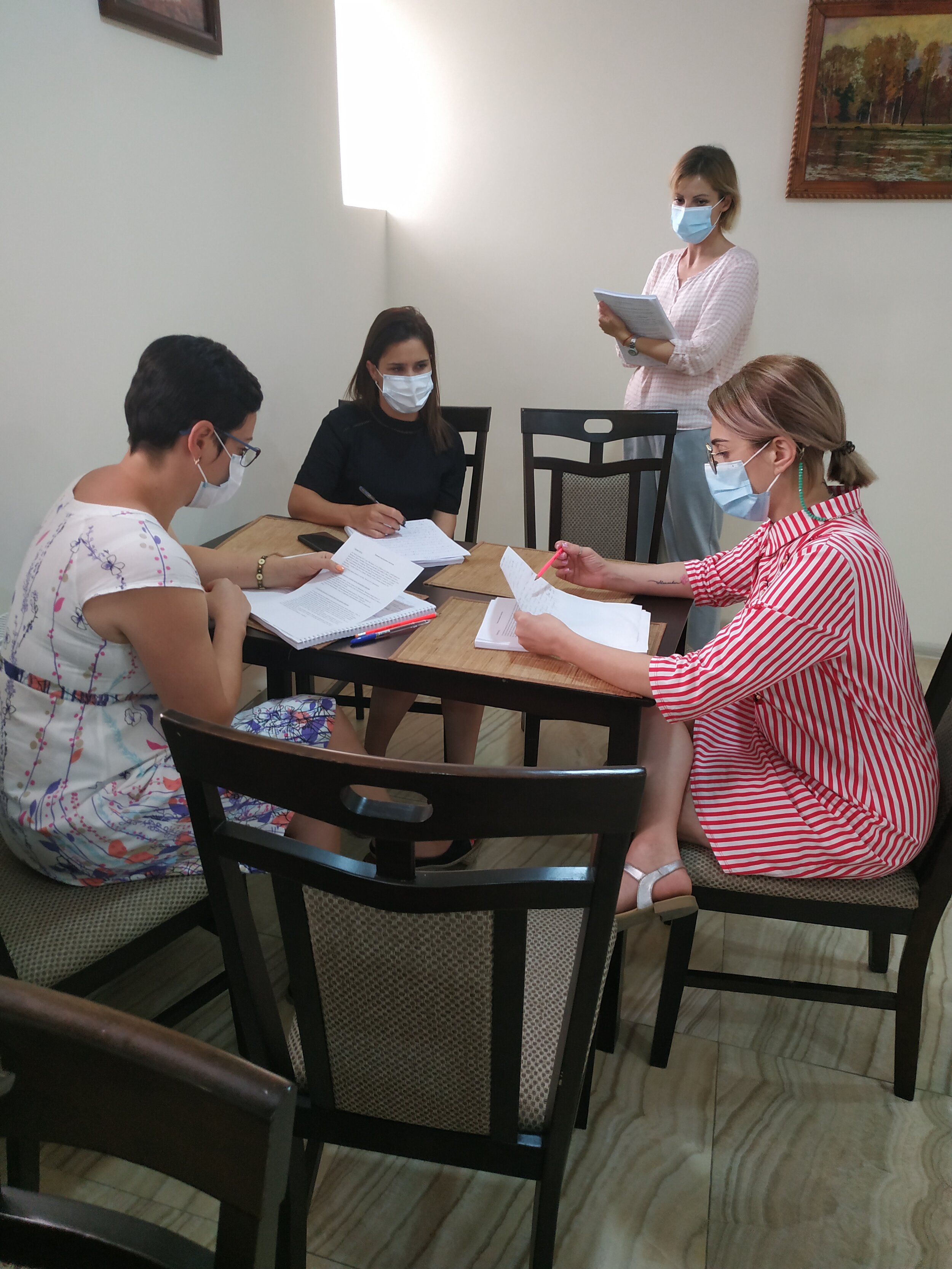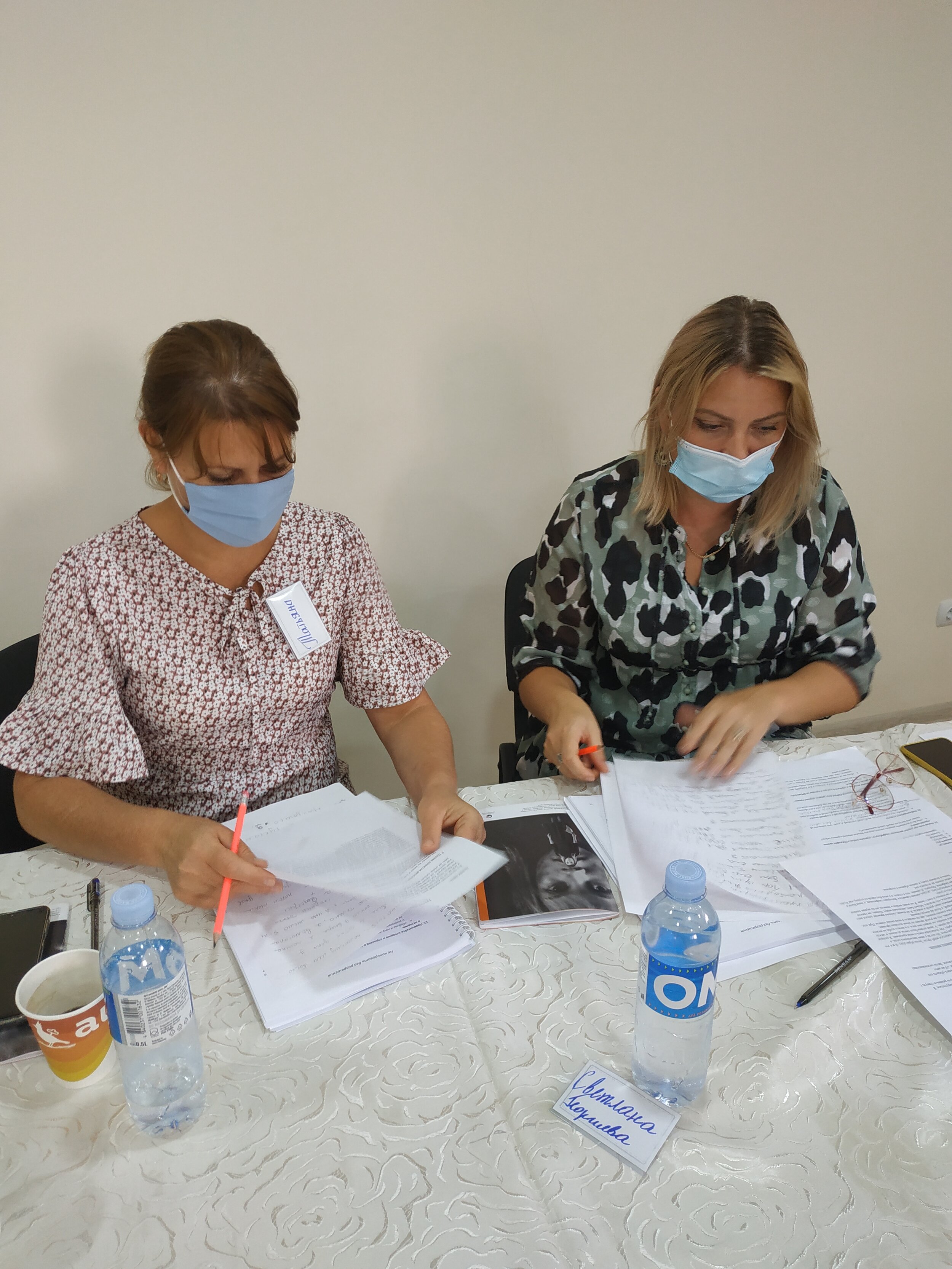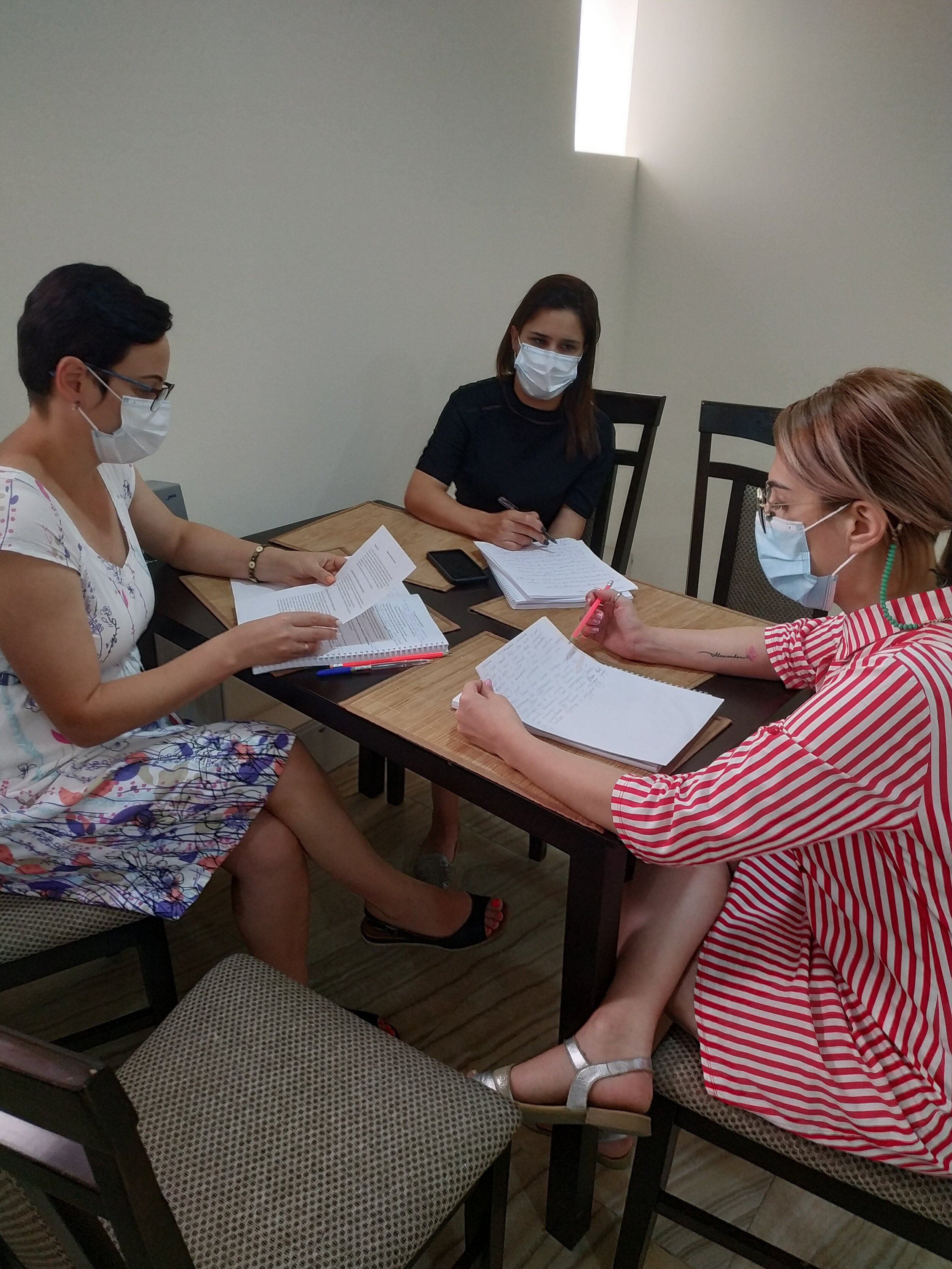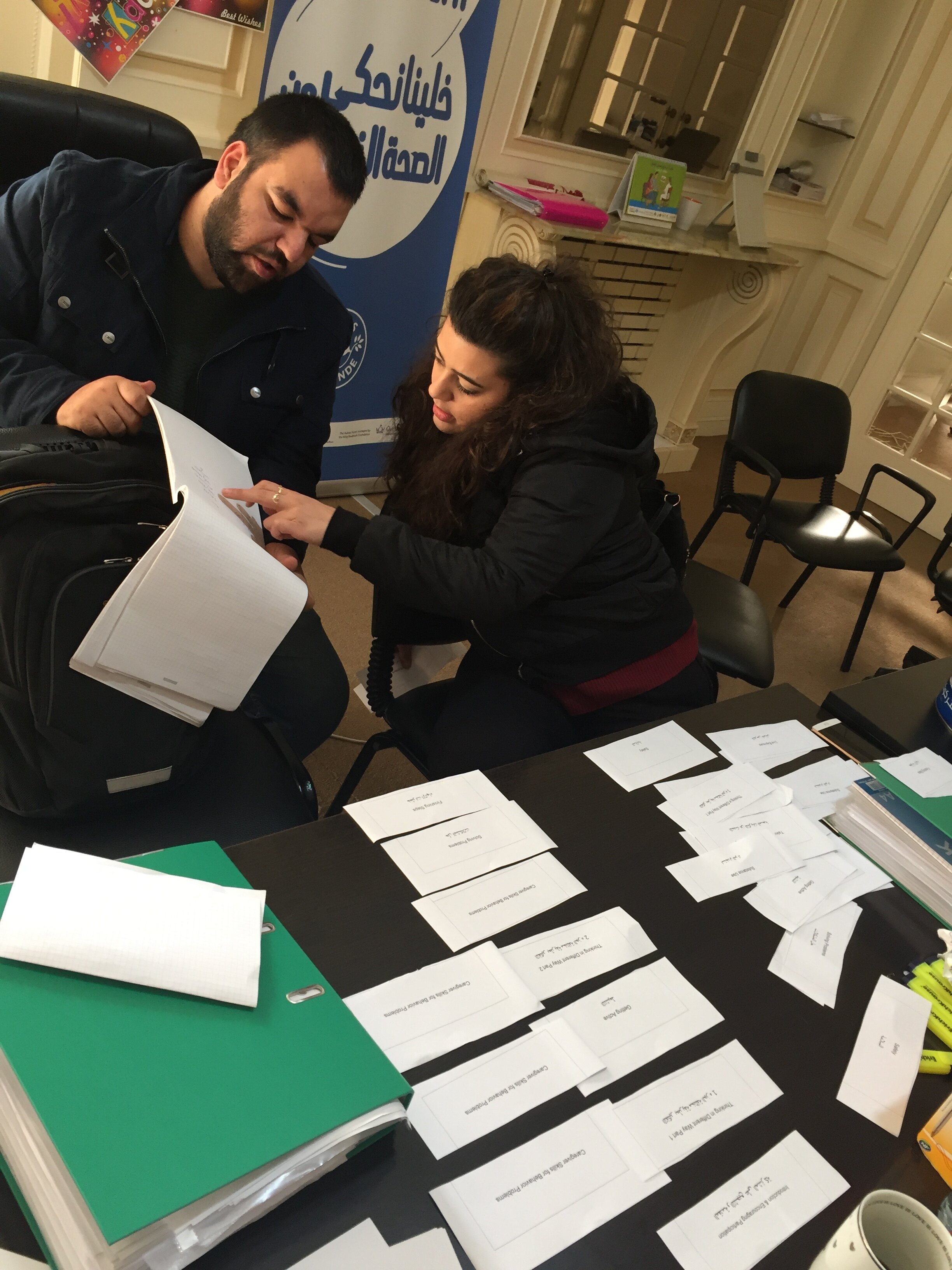Explore CETA Global’s impact on behavioral and mental health around the world.
Our global network shares the vision of creating a world where each individual can access effective, holistic, and affordable behavioral and mental health care. We partner with state and country-wide initiatives, local organizations, nonprofit and educational institutes, small businesses, and private sector parties.
Interested in partnering with CETA Global?
Where We Work
Explore our Global Impact
North America
United States
Announcement!
CETA Global is actively expanding partnerships in the U.S.. If you are a CCBHC, state-wide initiative, veteran’s association, correctional facility, insurance agency, or any other organization working with a low or middle income patient population, reach out here.
In the United States we are actively working in Illinois and have partnered with organizations in New York City to provide CETA safety training to staff. We have additionally trained behavioral and mental health specialists from Rush University to provide CETA throughout Chicago.
Africa
Ethiopia
Partnering with the International Rescue Committee and funded by the Gates Foundation, we developed assessment tools to help with proper client identification and program evaluation, as well as trained community lay providers in CETA to help Somali refugee youth and families.
NaMibia
Partnering with the Center for Disease Control and Prevention- Namibia, we are working to build capacity for behavioral and mental health services for HIV-affected populations.
South Africa
Our team is partnering with fellow researchers at Boston University and Wits University to conduct a research trial examining the effects of CETA on HIV viral load and medication adherence. Over the next three years, we will be training lay community workers to address behavioral and mental health symptoms of HIV+ women.
Zambia
With support from Department for International Development, the South African Medical Research Council, and our local partner the Serenity Harm Reduction Programme Zambia, we tested CETA as a strategy to reduce and prevent violence against women and girls, as well as reduce substance abuse in high-risk families. Since the trial’s success, our team has been working with the Center for Infectious Disease Research Zambia (CIDRZ), the Ministry of Health, the University of Zambia, the local CDC office, as well as the University Teaching Hospital and Education Development Center to scale-up and sustain CETA. A new study funded by NIH is now examining two implementation strategies (expert trainer vs. technology-based) for instructing local trainers who can bring CETA to scale across Zambia.
Other Project Sites
In collaboration with Partners in Health, we provided a cross-site CETA training for behavioral and mental health providers in Liberia, Lesotho, Malawi, Rwanda, and Sierra Leone. These providers are integrating CETA into their existing health services to provide more holistic care to patients.
ASIA and OCEANIA
Bougainville (Papua New Guinea)
Our team conducted a needs assessment to identify and understand current problems in the local population. These problems included many common mental and behavioral health issues. We conducted a CETA training for local lay providers from many rural areas across Bougainville Island to address the identified problems.
myanmar
Following the CETA trial with Burmese adults living on the border of Thailand (see Thailand), our collaboration with the Assistance Association for Political Prisoners (AAPP) expanded. We worked to train some of AAPP’s lay providers as trainers in order to bring this effective mental health service to scale. To date, two Burmese trainers continue to provide training and implementation support to organizations throughout the country, including Kachin Baptist Church, Kachin Development Group, Substance Abuse Research Association, and Population Services International.
Thailand
In 2011, we began partnering with local organizations in Mae Sot to help Burmese refugees. After learning more about the community problems and validating measurement tools through a qualitative study, we trained local lay providers in CETA to address the lack of services for moderate to severe behavioral and mental health problems. We found that CETA provided by lay workers was effective in reducing depression, trauma, and anxiety problems within the community.
EUROPE and CENTRAL ASIA
Germany
We are partnering with Freie Universitat Berlin to test the effectiveness of an online version of CETA with refugee populations living in Berlin, Germany. We trained mental health professionals in CETA and helped to develop the CETA technology. This current research project has the potential to expand CETA into an online platform, ultimately increasing access to evidence-based services.
Kazakhstan
In collaboration with Partners in Health, we provided a cross-site CETA training for behavioral and mental health providers. In 2021, we will be providing a larger training to continue to build capacity in Kazakhstan.
Moldova
Partnering with United Nations Development Programme (UNDP), professional and lay providers were trained to implement CETA in safe spaces throughout the country. These safe spaces serve survivors of domestic and interpersonal violence.
Ukraine
We began working in Ukraine in 2015. We started by learning about local perceptions of mental health problems and validating assessment instruments. Then we completed a clinical trial comparing a 5-session CETA version to “regular CETA,” which is flexible in the number of sessions it requires. In partnership with The National University of Kyiv-Mohyla Academy, we are scaling up CETA throughout five oblasts that serve internally displaced populations, veterans, and their families. Additionally, we are currently assessing the effectiveness of Single Session CETA to prevent behavioral and mental health problems among veterans, as well as engage them in treatment, as needed. Our time in Ukraine has produced several CETACertified™ Ukrainian trainers that can serve the Eastern European region.
Latin America
Colombia
Our team worked with CISALVA to evaluate the effectiveness of CETA in two areas of Colombia with active conflict – Buenaventura and Quibdó. CETA was found to be very effective Buenaventura, and less effective in Quibdó, which has a high population with unmet basic needs. This project highlights the importance of implementation variables.
Honduras
We partnered with La Fundación Integral para el Desarrollo de Honduras (FIPADEH) and the World bank to integrate CETA elements into a life skills community program. Our colleagues at the Medical University of South Carlina trained providers to implement this program.
MIDDLE EAST and NORTH AFRICA
Iraq
Our flagship CETA study kicked-off in Southern Iraq in 2010. In partnership with Wchan Organization for Victims of Human Rights Violations, Heartland Alliance, and the Ministry of Health, we trained community health workers living and working in Karbala, Najaf, and Hilla Iraq to provide comprehensive behavioral and mental health treatment to individuals exposed to trauma and torture.
LEBANON
We have an ongoing collaboration with RESTART, a local NGO that provides behavioral and mental health services to adults and youth in Lebanon, including Syrian and Palestinian refugees. CETA providers in Lebanon were the first to be trained to provide CETA across the lifespan (i.e., adults and youth) and have demonstrated the ability to seamlessly address multiple problems across the life span! Three Lebanese supervisors have started training to be CETA trainers.
Syria
We are taking on the grand challenge of providing Syrian youth with effective behavioral and mental health services. In collaboration with the Syrian American Medical Society (SAMS) Foundation and funded by Grand Challenges Canada, we will train women lay providers to address youth and family problems within their communities.







